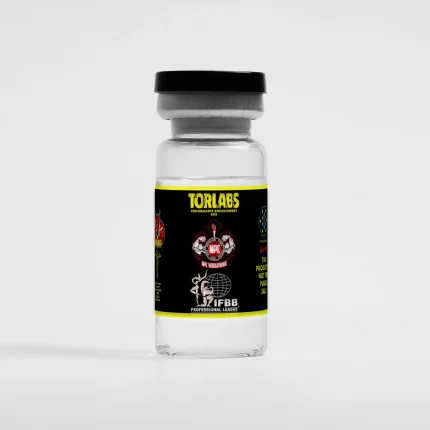Research Peptides
Check for availability
Research peptides are synthetic substances created for scientific studies and laboratory research purposes. They are designed to mimic naturally occurring peptides, which are short chains of amino acids. These substances are not intended for human consumption or medical use but are employed in research settings to explore various biological processes, potential therapeutic effects, and interactions within the body.
The pictures for those research peptide are to be added
Title: Research Peptide Products
Paragraph: “BPC-157 Overview:
BPC-157, or Body Protective Compound-157, is a synthetic peptide derived from a portion of the body protection compound (BPC) found in human gastric juice. It is known for its regenerative properties and potential therapeutic effects on various tissues, including muscles, tendons, and ligaments.
Key Points:
Tissue Repair: BPC-157 is believed to promote healing and repair in injured or damaged tissues.
Anti-Inflammatory: It exhibits anti-inflammatory properties, contributing to the reduction of inflammation.
Gastrointestinal Benefits: Initially discovered in the stomach, BPC-157 may have protective effects on the gastrointestinal tract.
TB-500 Overview:
TB-500, or Thymosin Beta-4, is a naturally occurring peptide found in human cells. It plays a crucial role in cellular functions, wound healing, and tissue repair. TB-500 is known for its potential in promoting recovery and regeneration.
Key Points:
Cellular Regeneration: TB-500 aids in cellular regeneration and promotes the growth of new, healthy cells.
Wound Healing: It is recognized for its ability to enhance wound healing and tissue repair.
Anti-Inflammatory: TB-500 exhibits anti-inflammatory effects, contributing to a balanced healing process.
Both BPC-157 and TB-500 have drawn attention for their regenerative properties, but it's important to note that their use and effects should be approached cautiously and preferably under the guidance of a healthcare professional.”


